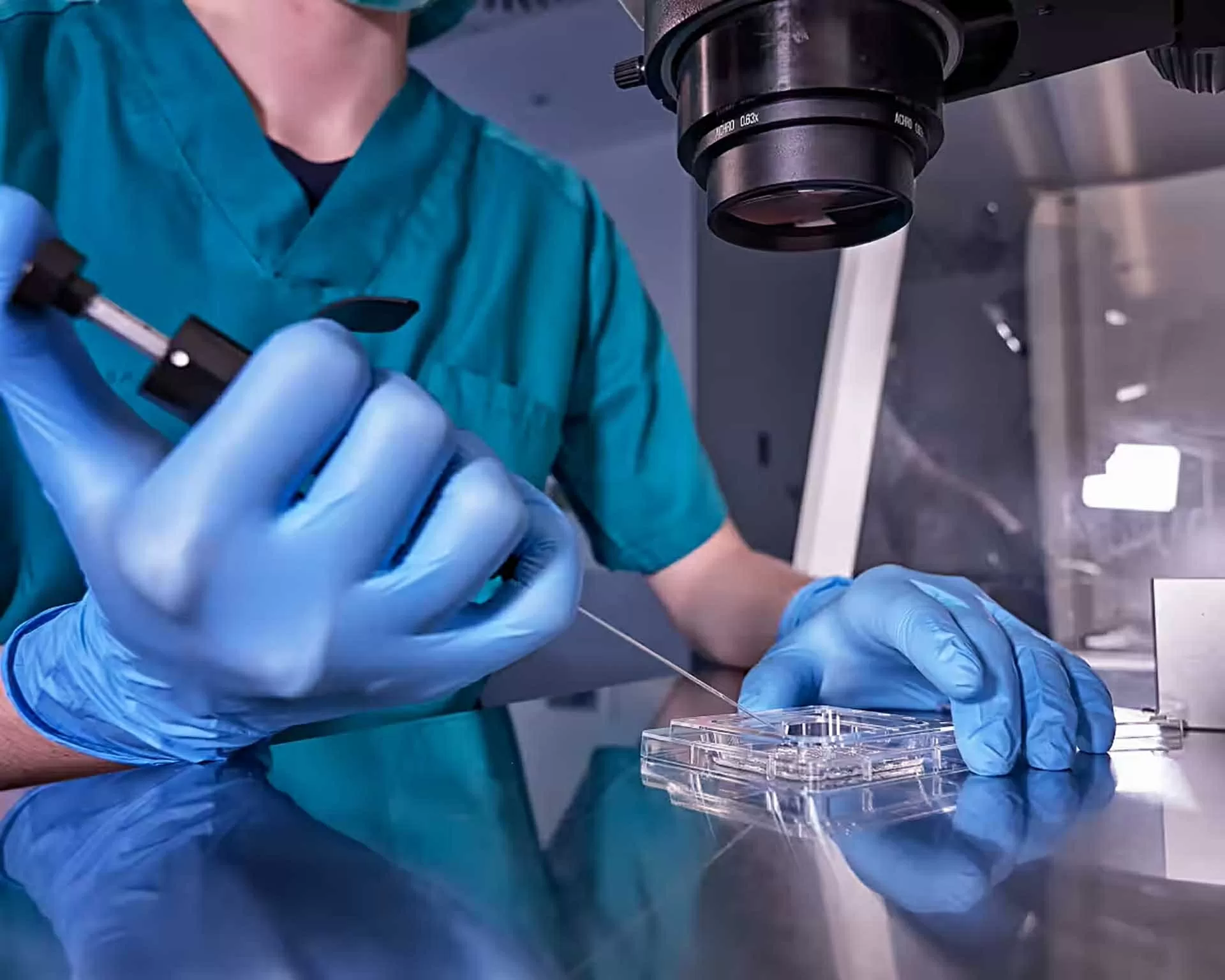 |
| If proven safe, the technology could open up the possibility of having biological children to anyone, regardless of age or fertility. (Source: Getty Images) |
According to Professor Katsuhiko Hayashi, a developmental genetics expert at Osaka University (Japan), in vitro gametogenesis (IVG) technology is making rapid progress. In just a few years, this achievement can be applied in practice.
IVG is the process of turning skin or blood cells into stem cells, which are then transformed into germ cells – the precursors of sperm and eggs. These cells are placed into artificial reproductive organs (organoids) to receive biological signals to help develop into complete gametes.
Speaking at the annual meeting of the European Society of Human Reproduction and Embryology (ESHRE) in Paris, Professor Hayashi said his lab had created spermatogonia in artificial testicular tissue. Although the cells have not yet developed into mature sperm, the team is improving the oxygen supply system to achieve better results. He predicted that it would take just seven more years to create viable human sperm in the lab.
In the US, startup Conception Biosciences is also pursuing this direction with support from major investors such as Sam Altman – founder of OpenAI. The company's CEO Matt Krisiloff asserted: "Artificial eggs may be the most effective tool to reverse the decline in population." He believes that this technology significantly expands the "family planning window", allowing women to have children at a much older age than at present.
However, experts emphasize that IVG must undergo many years of testing to ensure biological safety and avoid the risk of genetic mutations being passed on to future generations. Some mice born from artificial eggs have shown normal lifespans and fertility, but that is not enough for human application.
Ethically, scientists are cautious about the possibility of having children from two fathers or from a single parent. “I have created baby mice from two males, but that is not natural,” says Professor Hayashi. “Science that creates something unnatural needs to be even more cautious.”
The possibility of gene editing and mass screening of embryos has also been raised as a potential consequence, requiring strict regulatory frameworks. In the UK, the use of artificial reproductive cells in fertility treatments is currently banned, and regulators are working to establish safety standards for this new technology.
Despite the ethical and legal hurdles, the scientific consensus is that IVG is a promising approach not only for infertile people but also for gay couples, transgender people and people with cancer. “It is possible that in the next five to 10 years we will see sperm or eggs created from immature cells. This is no longer a fantasy,” said Professor Rod Mitchell of the University of Edinburgh.
Source: https://baoquocte.vn/buoc-ngoat-cong-nghe-ho-tro-sinh-san-320553.html






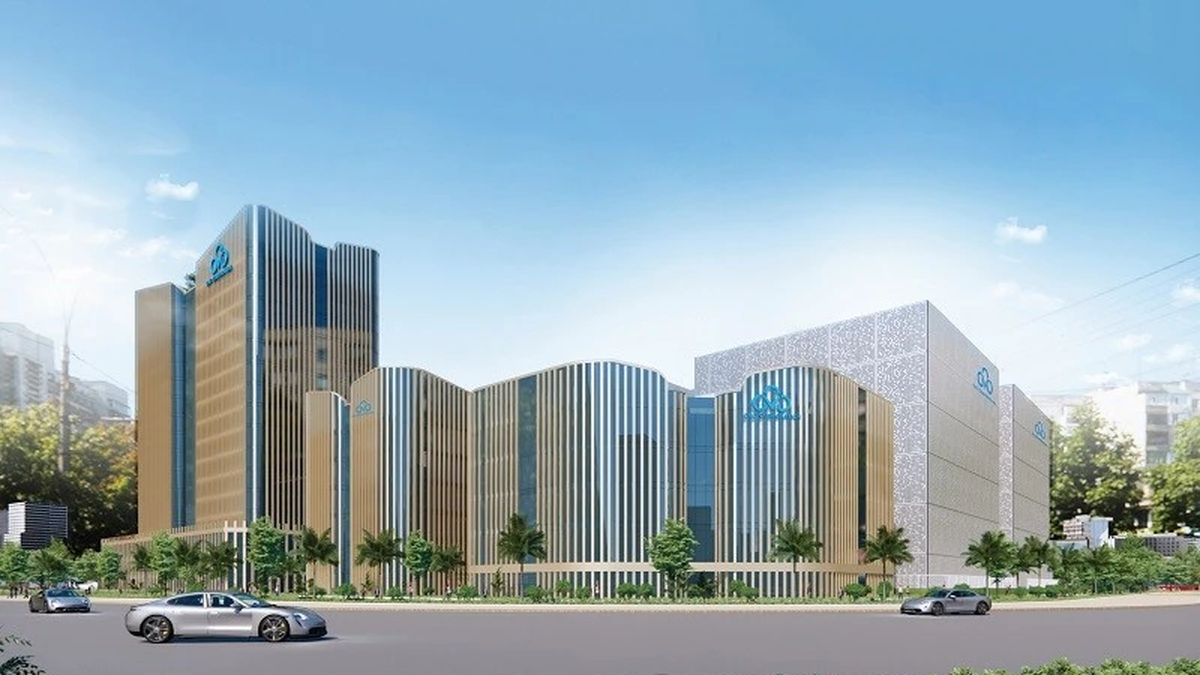
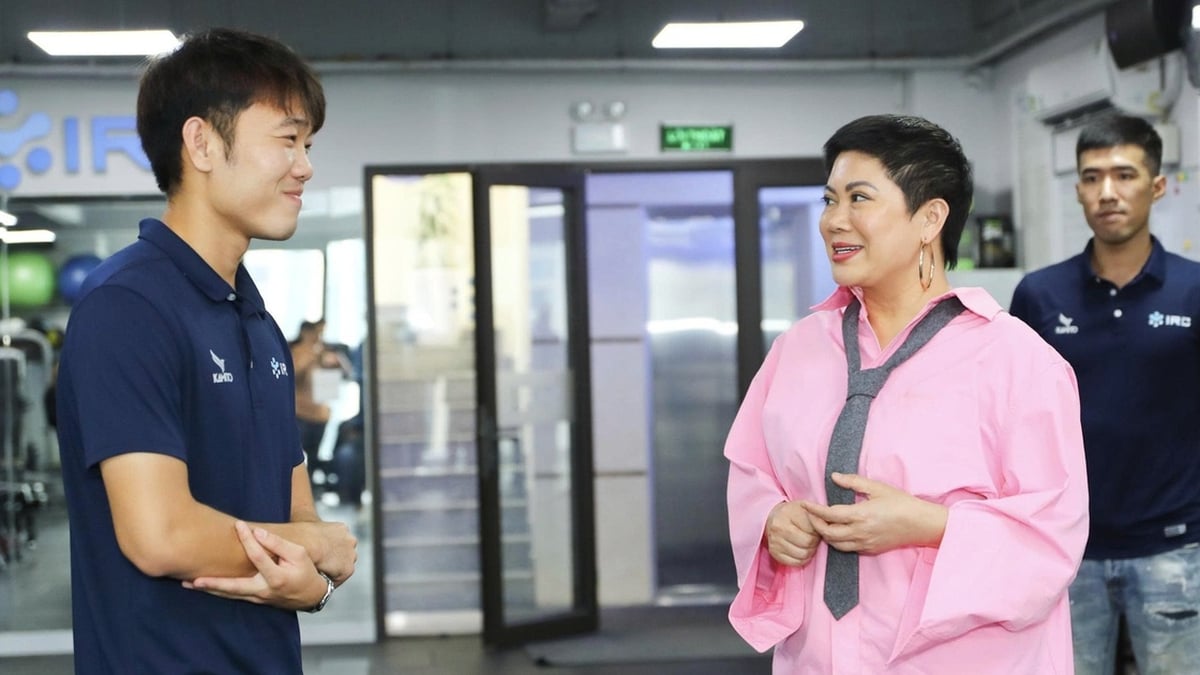

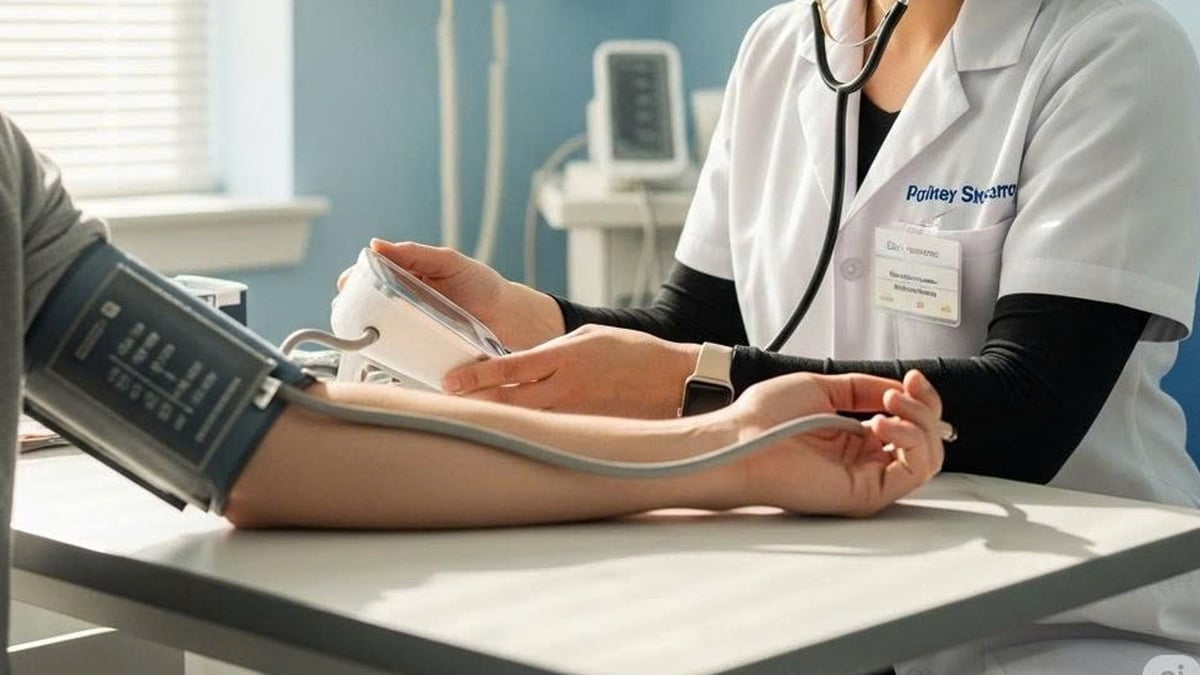
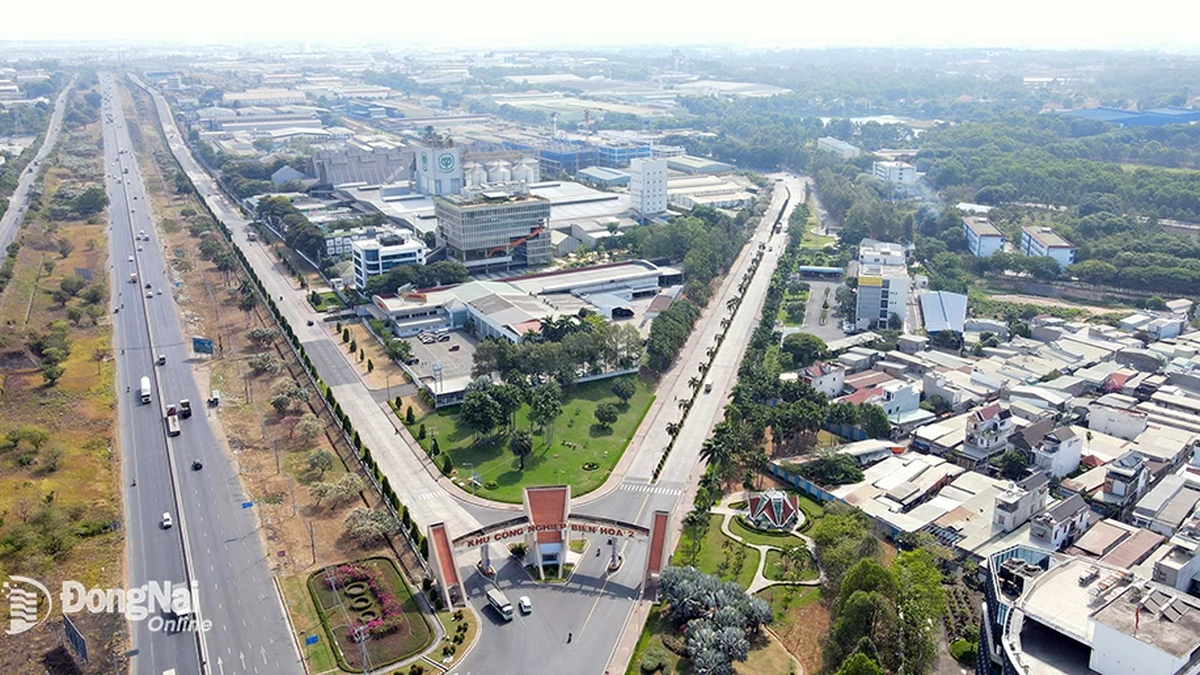
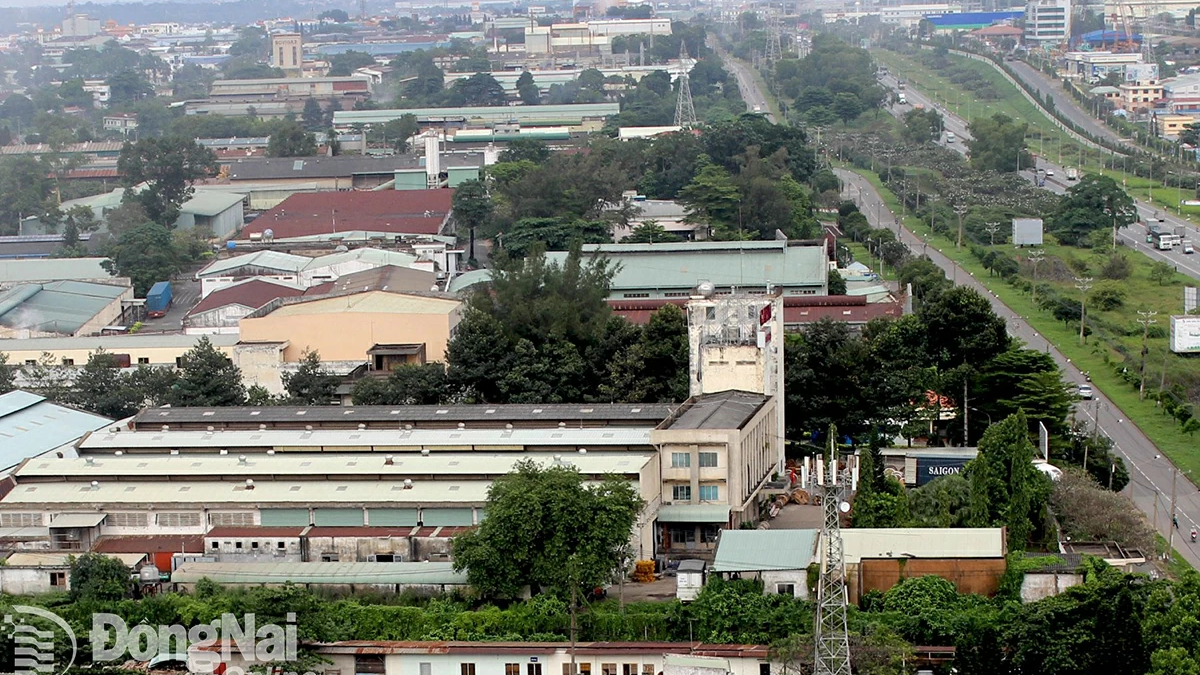










































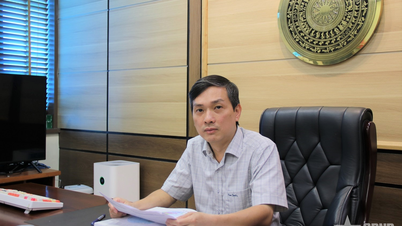















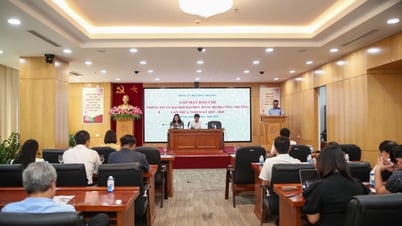




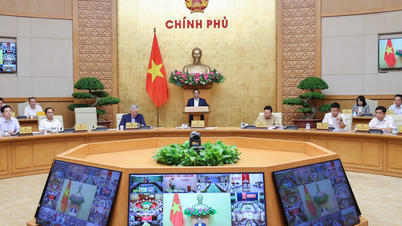

























Comment (0)